Japan History
The 7 Virtues of Bushido Explained (with examples)
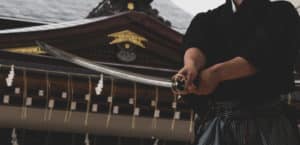
The 7 Virtues of Bushido
Today we will show the virtues of Bushido like never before.
Those were violent times. The lands were being looted and destroyed. Men put on armor and prepared to fight their neighbors to death. The only law that prevailed was the law of the strongest.
In the midst of the chaos, the samurai advanced, making their way with their katana swords. Tireless. Resolute. They were the elite of the warrior class and the epitome of human development.
As skilled in the handling of the sword as in the handling of the pen.
They were warriors who believed in a set of constructive values for society, and who were willing to defend them with the edge of their sword.
These values, summarized in a code called Bushido – the way of the warrior -, shaped the way of thinking of the samurai.
Today we will take a look at the meaning of bushido and its 7 virtues.
The Bushido Code
The word is composed of the terms Bushi (warrior) and do (path). When you combine both terms you get the word bushido, which translates as “the path of the warrior”.
What is bushido?
Samurai Bushido is a code with a series of moral rules (virtues) that the warrior must follow. It was a philosophy that he applied both in everyday life and in swordplay.
While European knights had their code of chivalry, in ancient Japan the samurai (and even ronin) had their code of honor. This concept also influenced other disciplines such as kendo and aikido.
Bushido was a moral code that acted as a guide for the spirit of the samurai, bringing him closer to the path of righteousness and putting him in 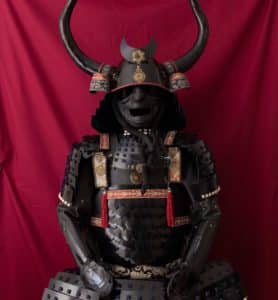
Bushido became particularly well known in the West thanks to the book Bushido The Soul of Japan.
Today, this warrior code inspired video games such as Bushido Blade, Bushido Blade 2, and Kengo Master of Bushido.
It even inspired some variations such as the 7-5-3 bushido code. The Valente brothers created this one, and it’s very popular in the martial arts environment.
Below we will detail the seven virtues of bushido.
First Virtue of Bushido: Righteousness
Considered the most important virtue of bushido, it refers to the notion of justice that must be present in the warrior.
For a samurai, there are no gray areas. There are no loopholes. There is only good and evil. Either you do the right thing and act justly, or you do the opposite. Every man knows what is right, so there is no excuse to justify wrong behavior.
Without righteousness, a samurai would be nothing more than a mercenary in the service of his master. He would care neither for good nor evil. He would have no reason to act justly. He would only do what is convenient for him.
Without righteousness, Miyamoto Musashi would not be known as a humble warrior, but as a bandit who used his fame to terrorize the common people and who murdered for money.
Second Virtue of Bushido: Courage
For bushido, courage is not the same as bravery. For bushido, courage is heroic courage.
Hiding like a turtle is not right. A samurai must rise above the crowd to face the injustices of the world. He must defend his ideals with the sword.
A samurai should not act blinded by anger, however. If justice was perceived, the samurai must face it, but always with restraint and using his head.
El 47 ronin, for example, did not launch an attack as soon as they heard about the death of their master. They plotted a complex plan and were patient. When the time was right, they fought courageously and brought justice.
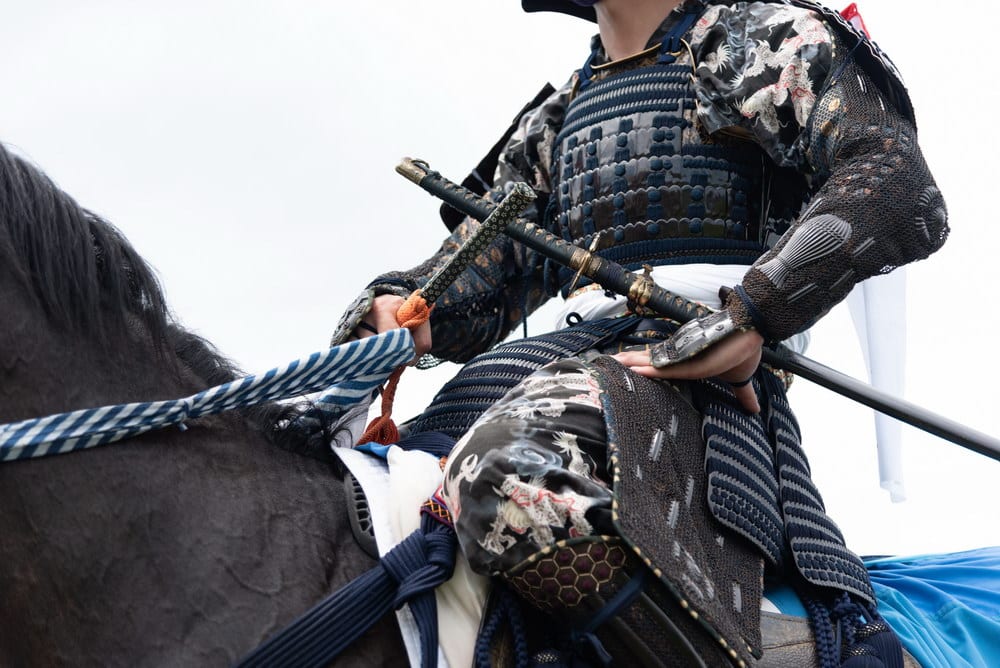
The Third Virtue of Bushido: Benevolence
The third samurai virtue is also one of the most important.
A warrior of the size of a samurai should not only be able to take a life but also to forgive it. He must act with benevolence, understanding that his strength does not make him superior to others.
Affection and empathy for others was the greatest attribute of the human soul.
If Oda Nobunaga had been arrogant and had not felt compassion for Hideyoshi, he would never have allowed a mere peasant to serve him. Hideyoshi would not have been the supreme ruler of Japan in time, and unification might never have been achieved.
All thanks to a small act of benevolence
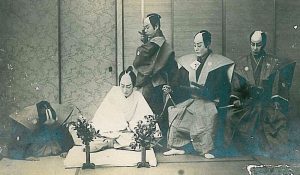
Fourth Virtue of Bushido: Courtesy
When we talk about the samurai virtue of courtesy, we are not talking about a traditional procedure of etiquette like the one a person has when welcoming his neighbors into the house. It is a real courtesy, born of the heart and respect.
A samurai must be courteous to others, not because it is beneficial to him, but because he understands that they deserve the same respect as he does.
Oda Nobunaga was one of the greatest examples of what a samurai should be. His courtesy, as well as his strategic skills, were legendary.
However, true courtesy comes from the heart, so only the samurai knows if he is fulfilling
Unknown Japanese Weapons in the Absence of Swords
La Guía Definitiva para Espadas Samurái
Sori – The Curvature of the Japanese Sword
The Fifth Virtue of Bushido: Honesty
The word of a samurai was decisive. If a samurai said he was going to do something, then he would end up doing it one way or another.
A samurai’s word was one of his most precious resources. For that reason, it was not questioned. No promises were necessary. Talk and action possessed the same nature.
It was a practice that the samurai had to exercise on a daily basis, taking his word as an extension of his action.
When Oishi Yoshio made sure to warn Kira’s neighbors that he was going to kill him, he did not do so thinking that if things got bad he could always step back. Once he spoke, all that remained was to keep his word.
Sixth Virtue of Bushido: Honor
The honor was attached to the very soul of the samurai virtues. It was a notion that, as was the case with European knights, guided their manner of relating to their peers.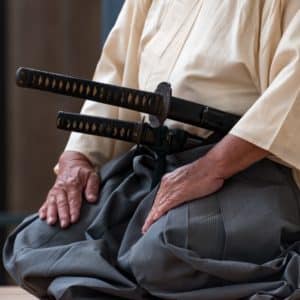
For the samurai, however, it goes beyond that.
A single dishonorable act can sink a samurai’s spiritual life, to the point of leading him to perform radical acts in order to redeem himself. Or, if redemption is not possible, in extreme cases even to commit seppuku.
Such was the case of Minamoto no Tametomo, who saw his life ruined after his exile to Oshima Island. It became the first recorded case of a samurai committing seppuku.
Seventh Virtue of Bushido: Duty
The sole purpose of the samurai is to serve others —in fact, that is what the word “samurai” means. No wonder why loyalty and duty were so important for them.
A samurai is loyal to the point of death to the one to whom he is indebted. That is why it was possible for a samurai to be in a relationship where he entrusted his whole life to a person who saved him or spared his life.
Such is the case with Yasuke, the first black samurai. Oda Nobunaga turned him into a samurai, and he entrusted his life to the one purpose of serving and protecting him.
And so he did, until the day their enemies forced his master to commit seppuku. And he, unable to protect him, was captured.

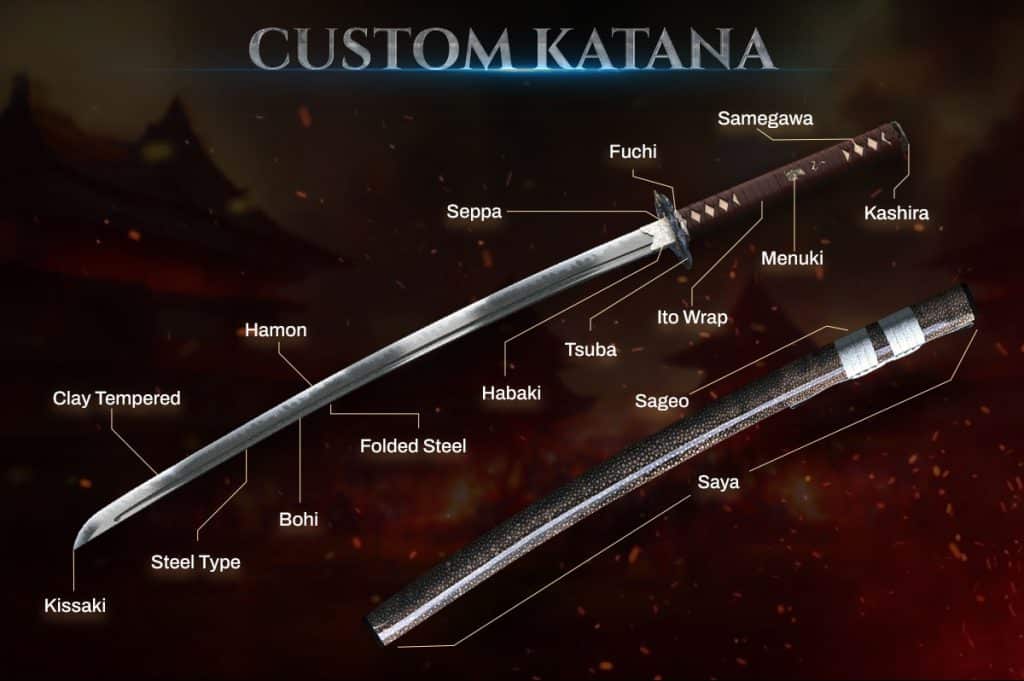
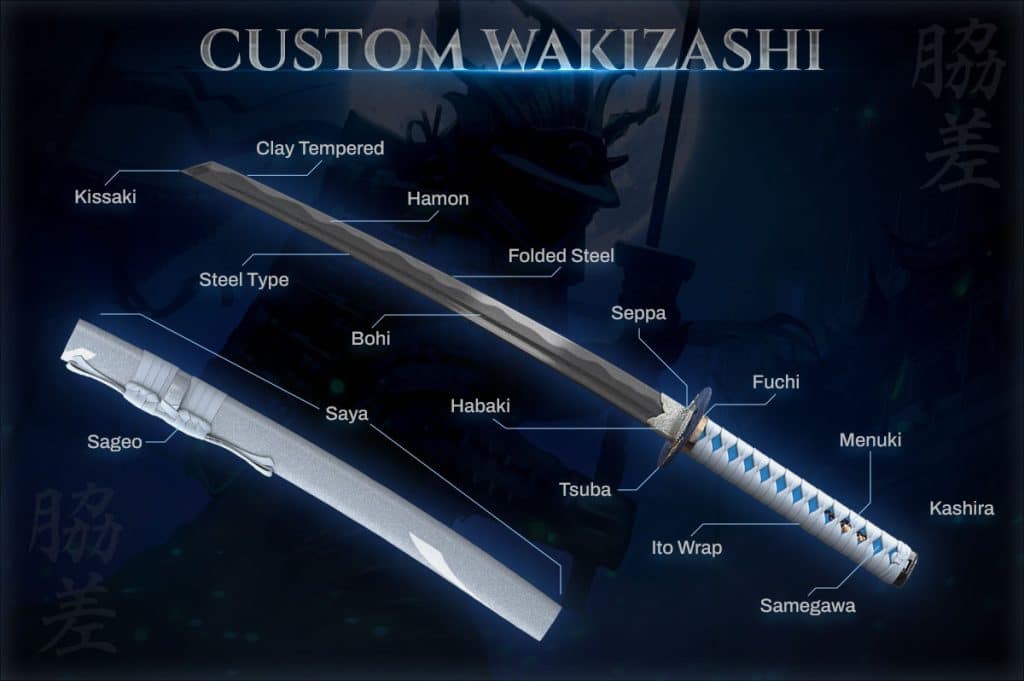
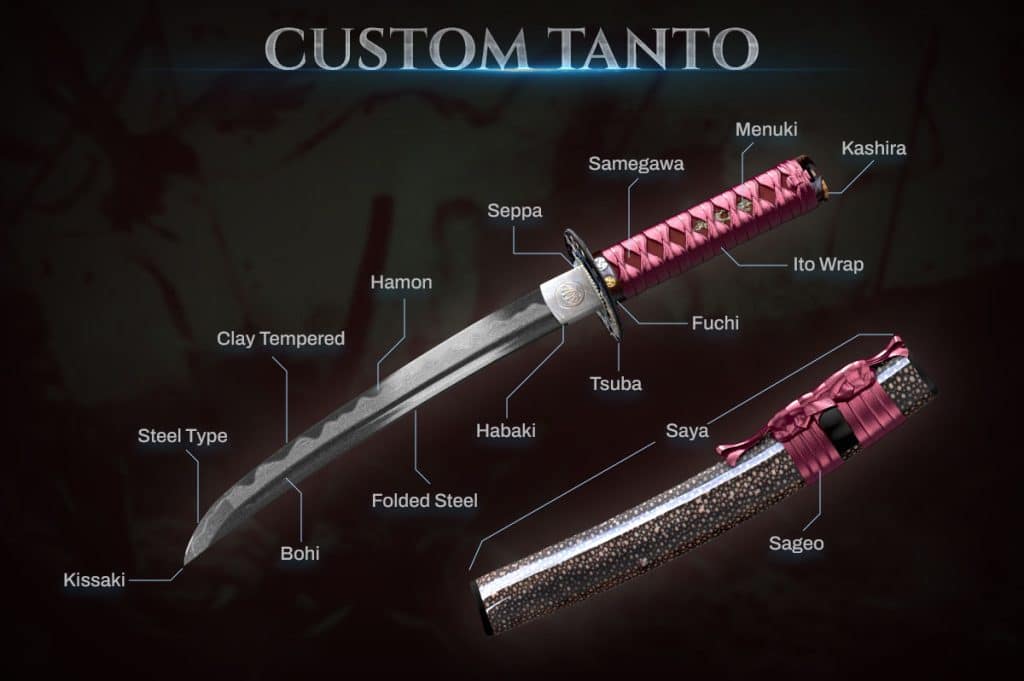
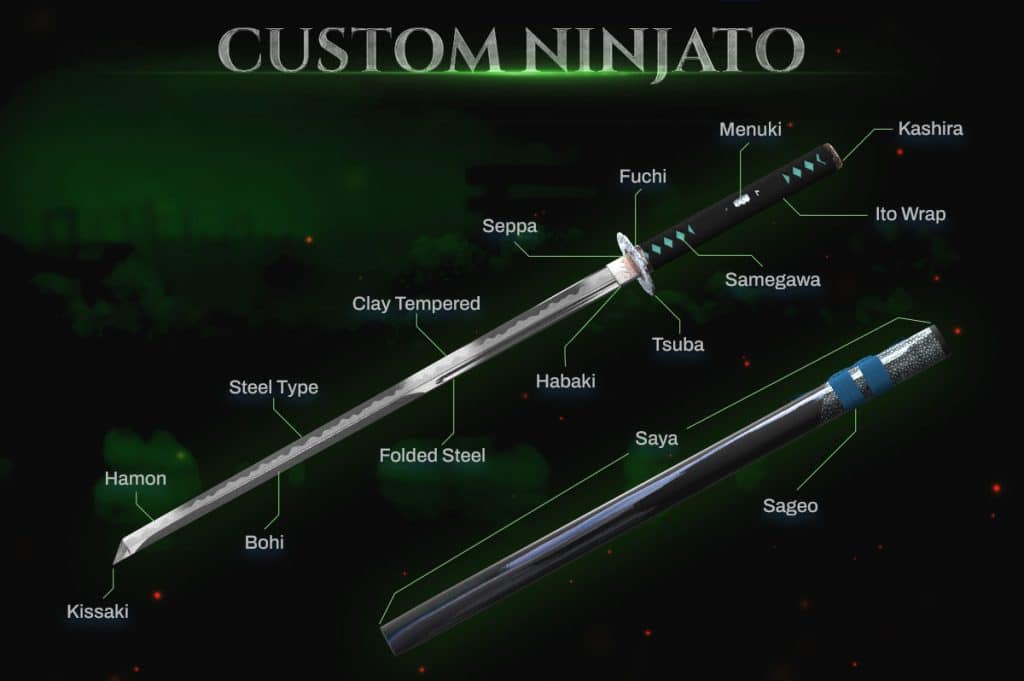
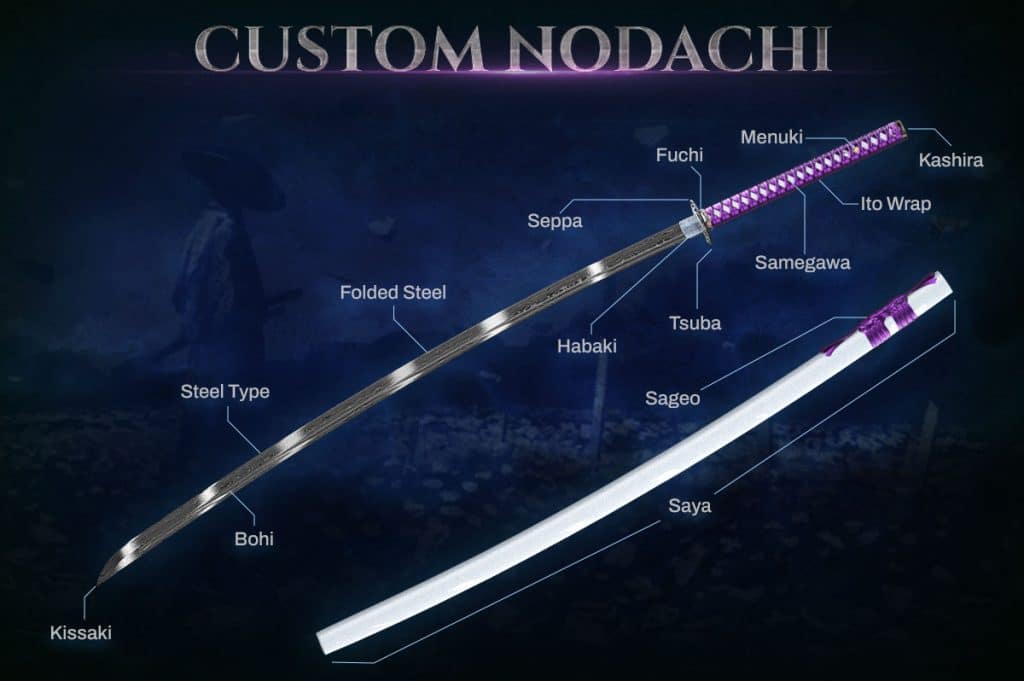
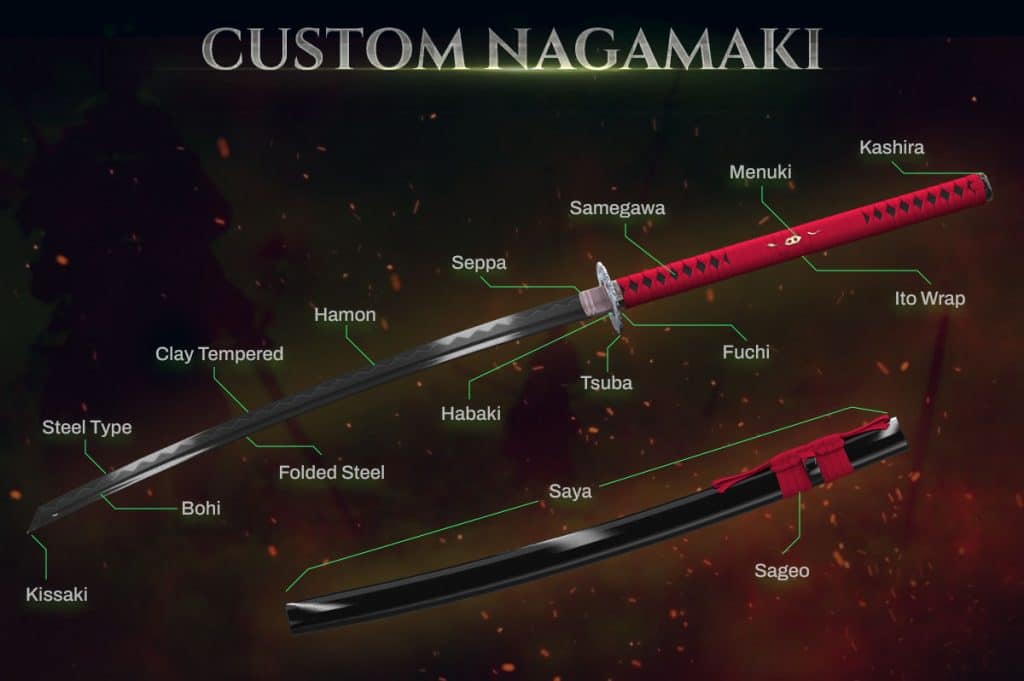
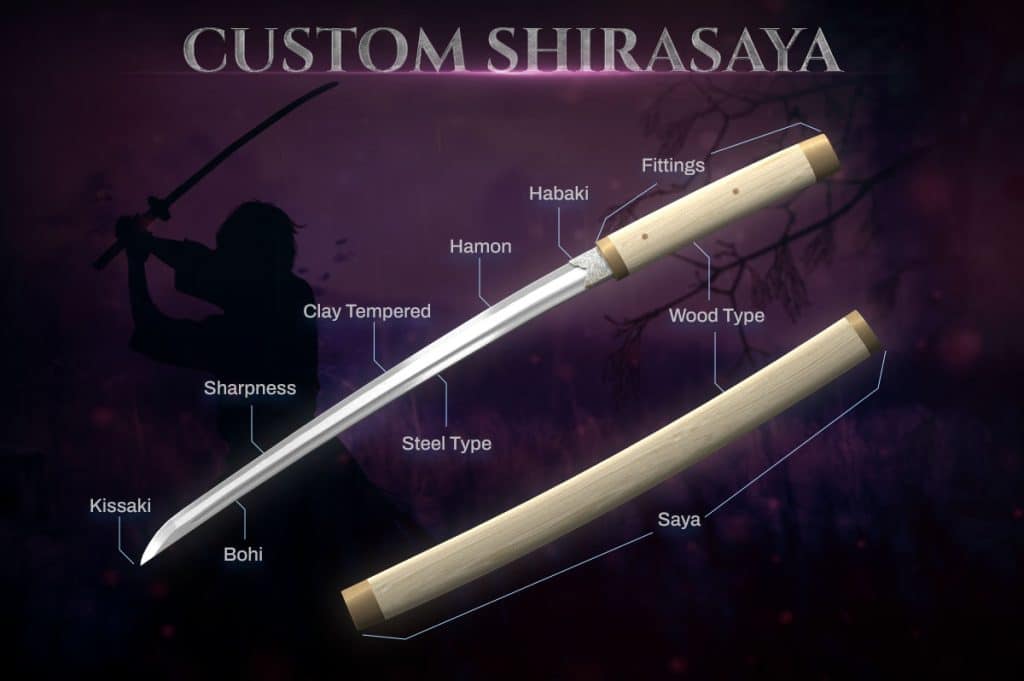
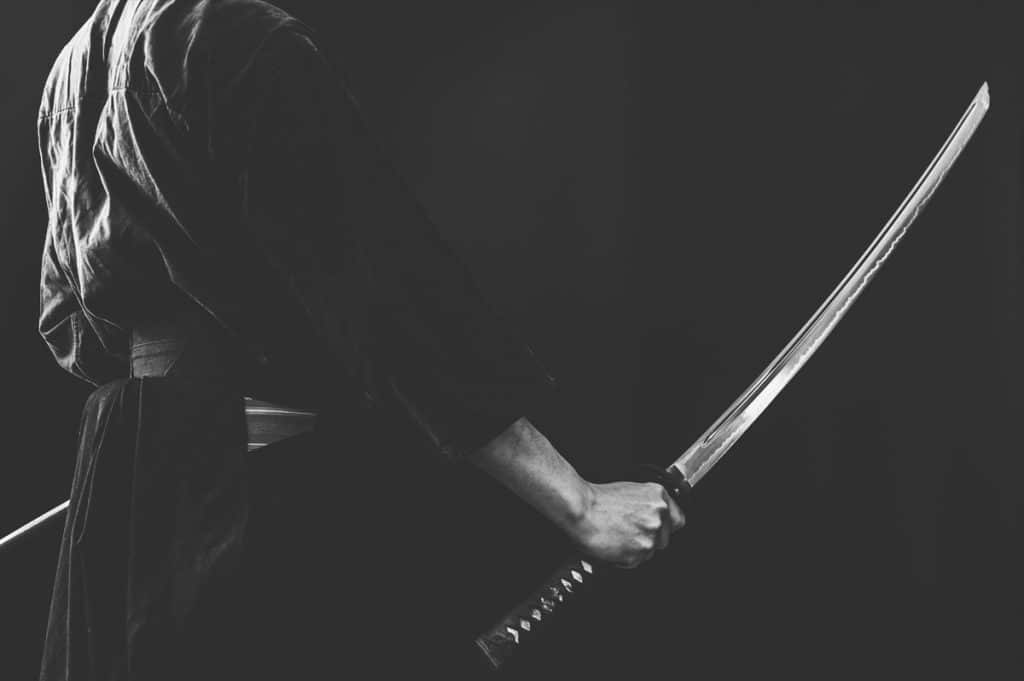
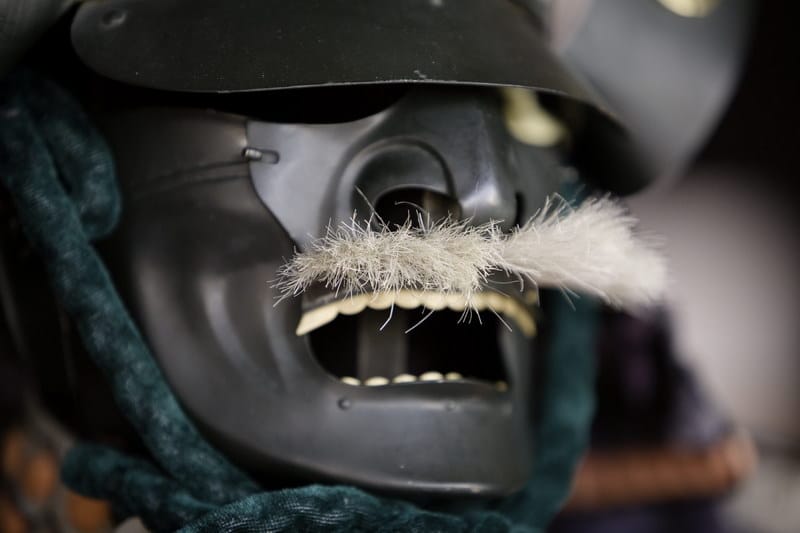
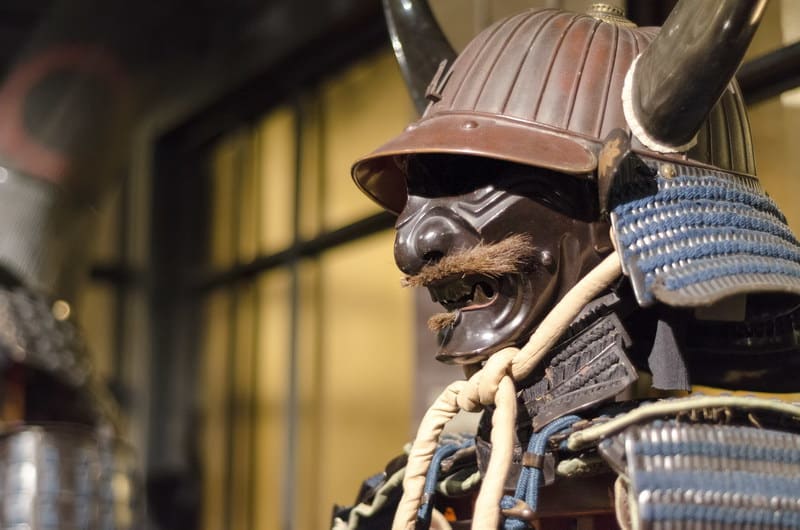
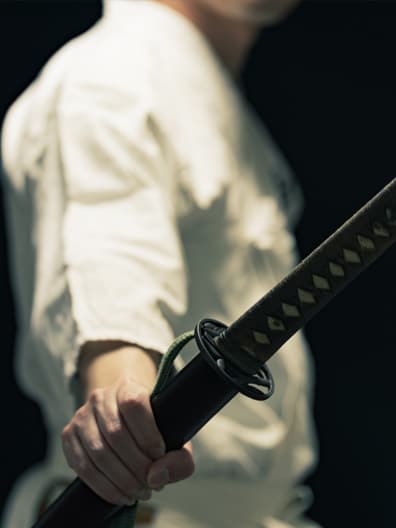
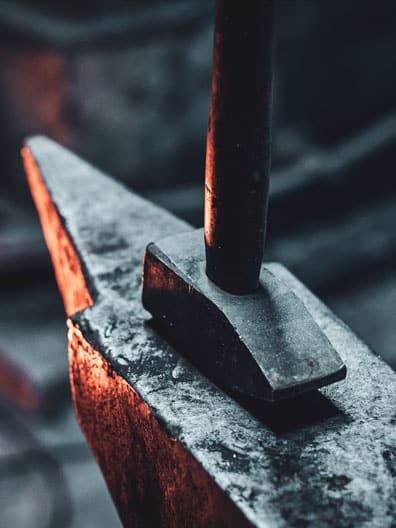
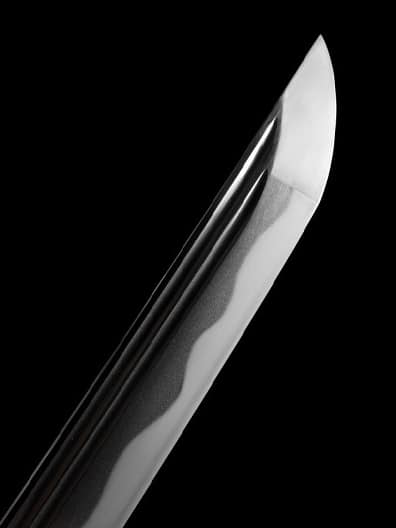
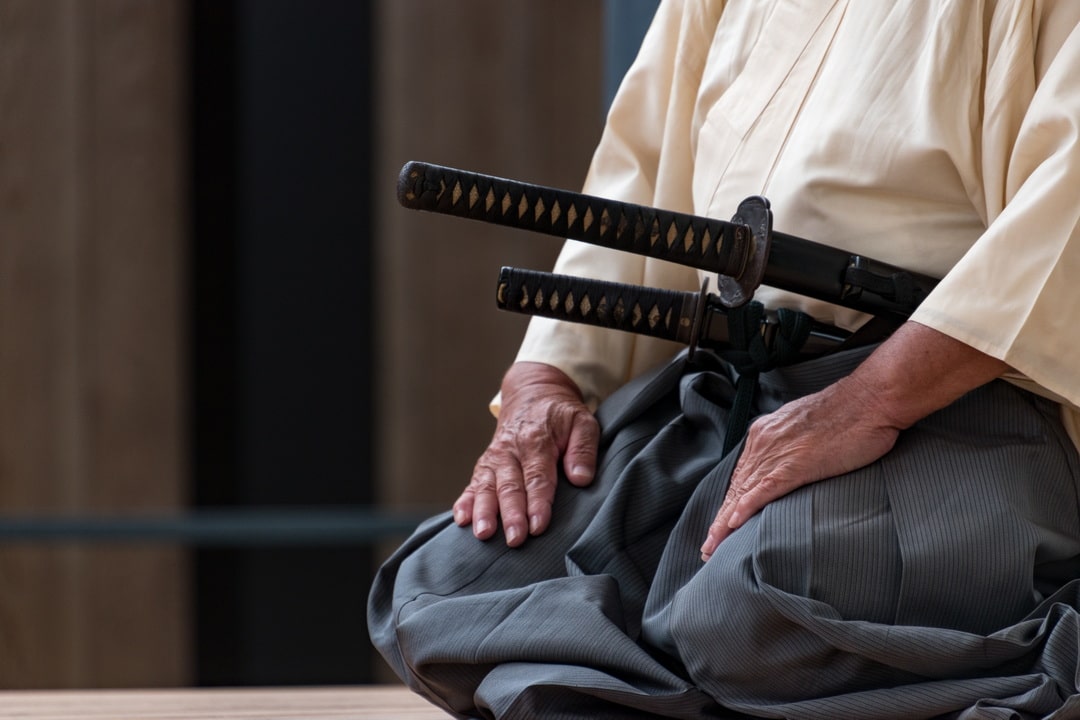

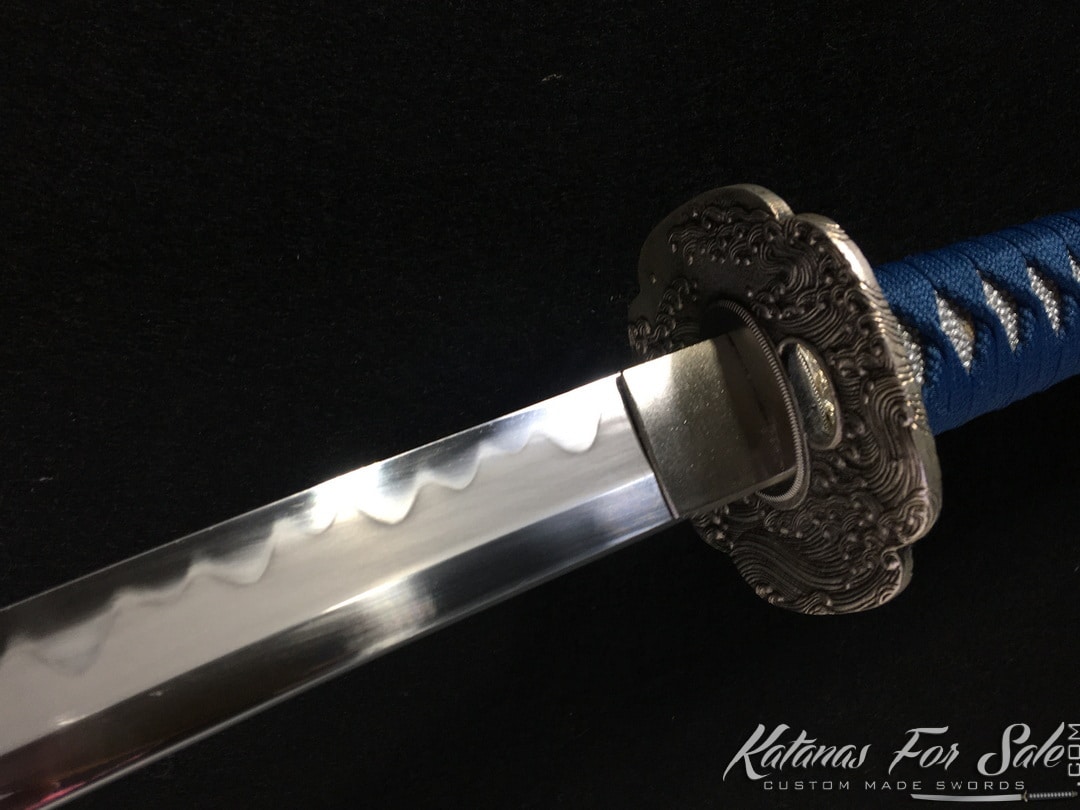

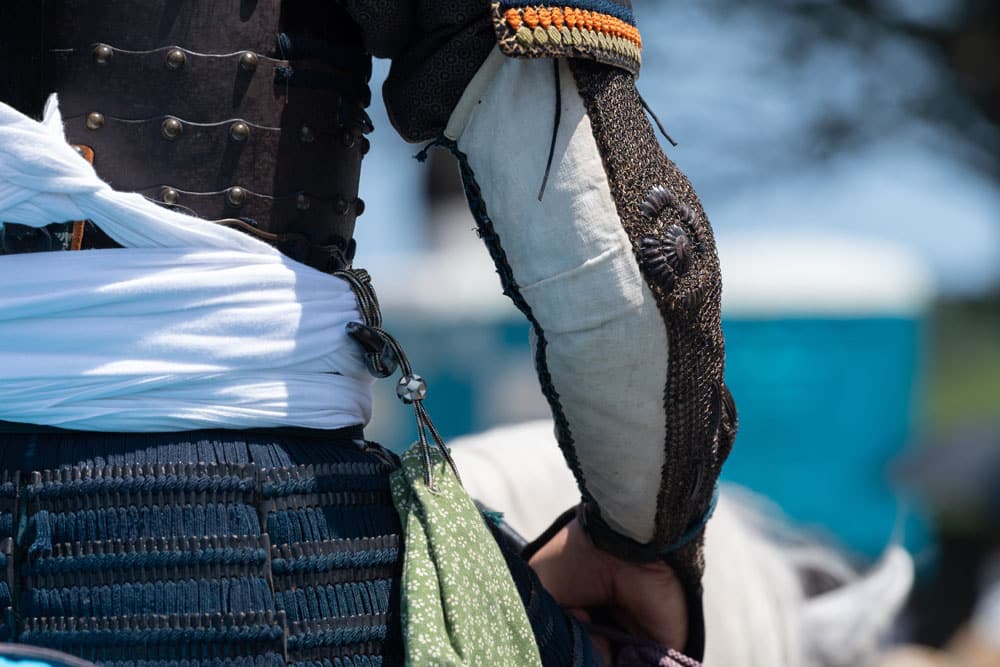
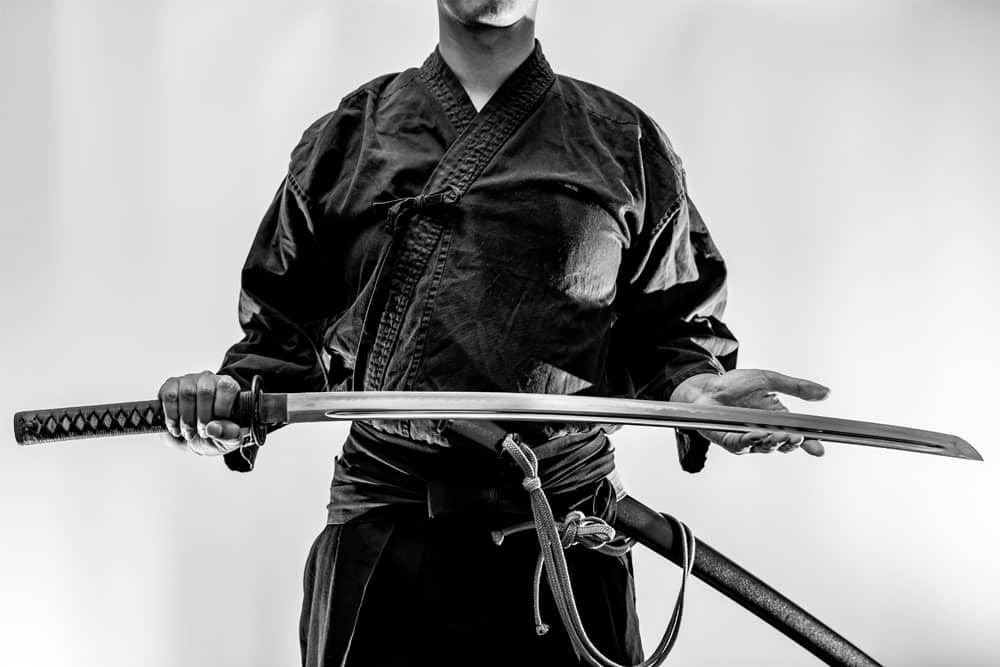

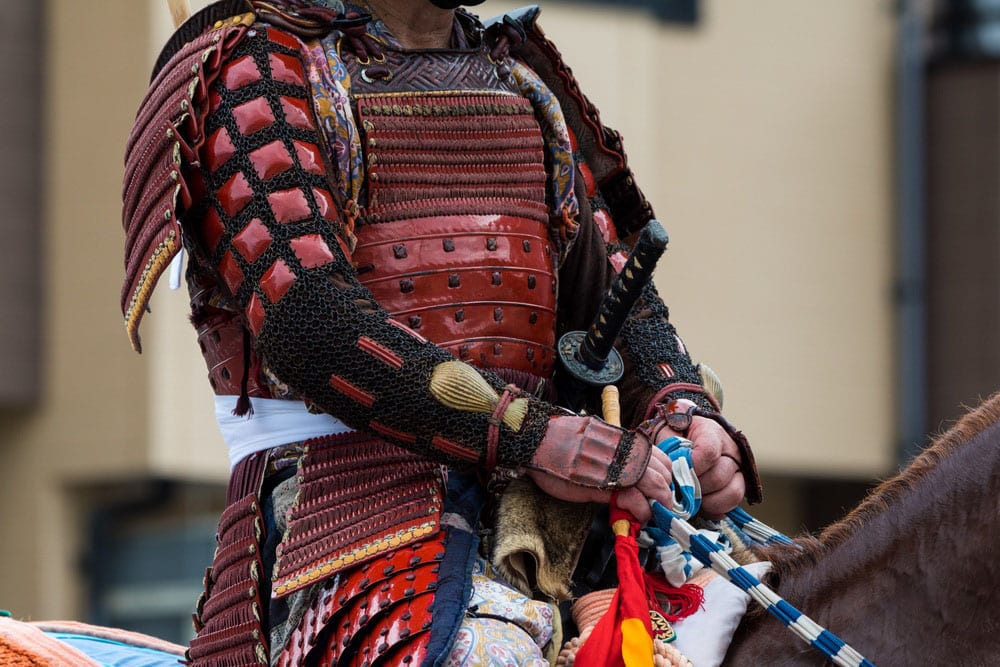
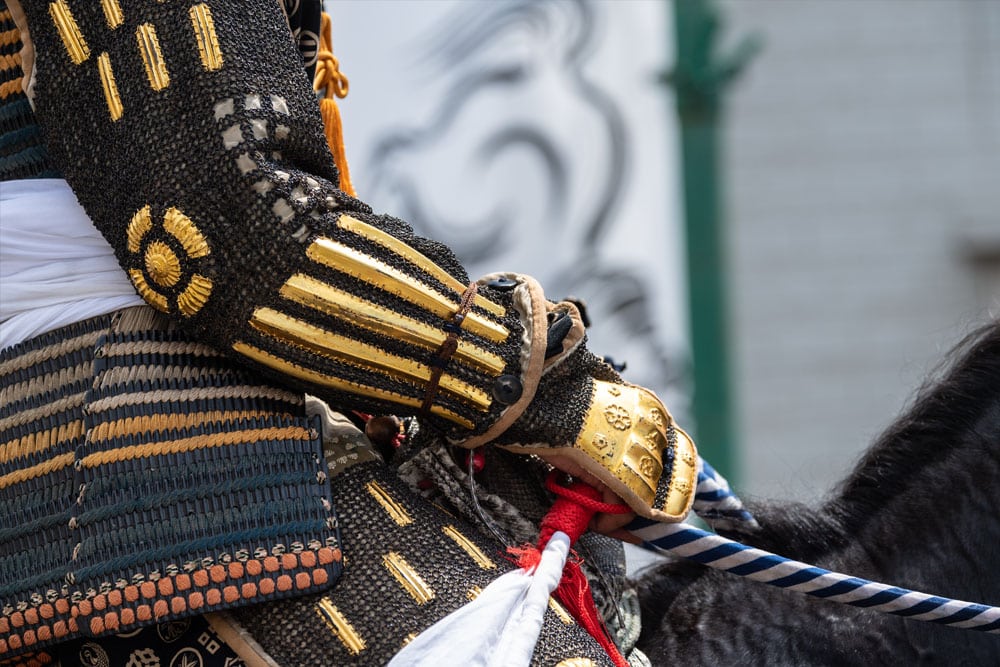
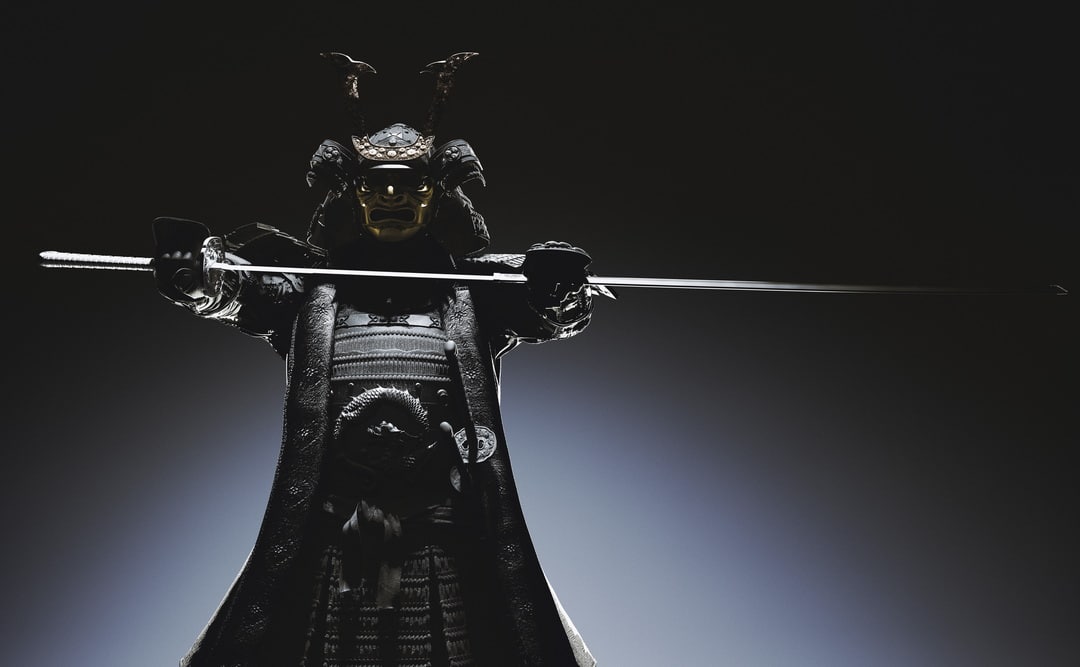
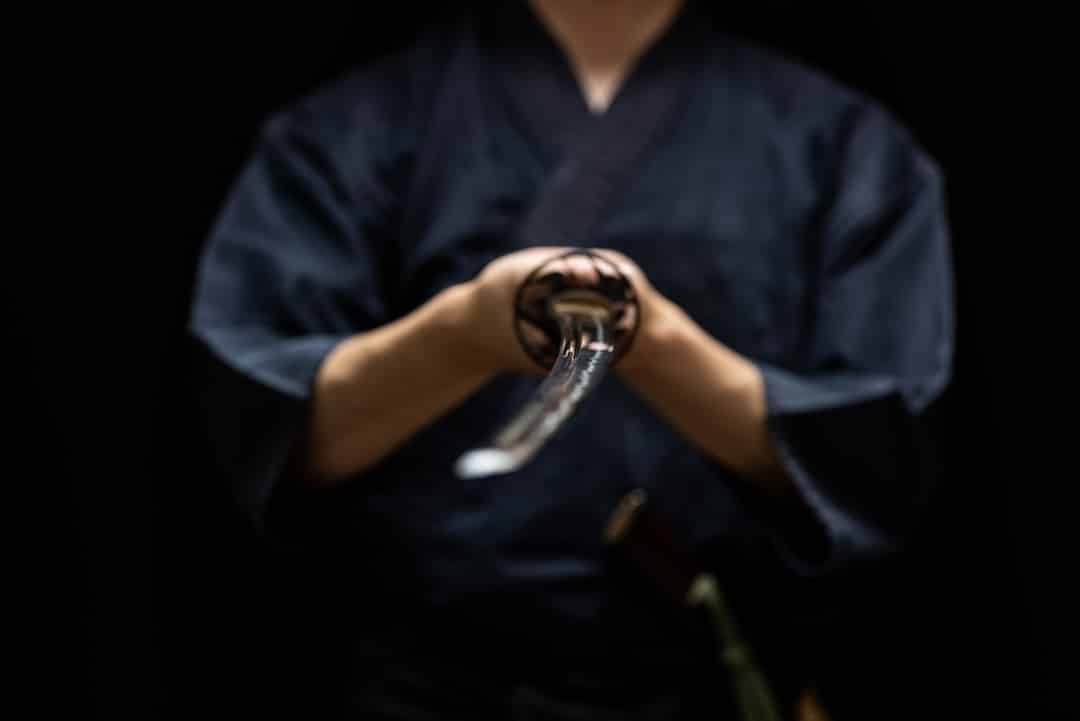
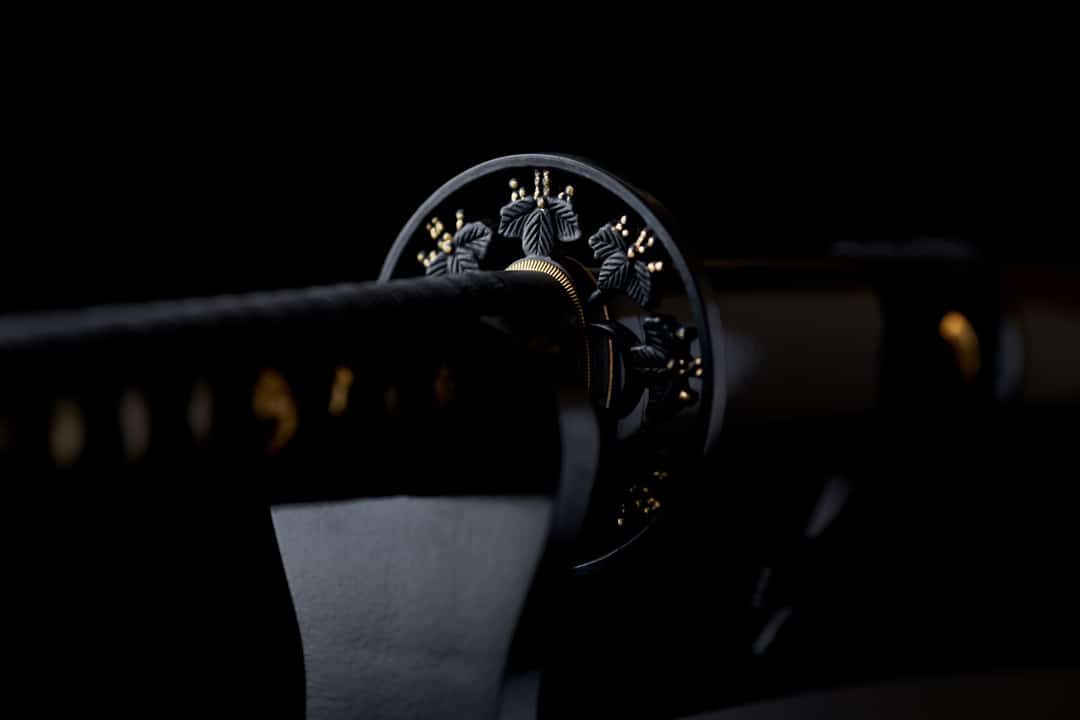
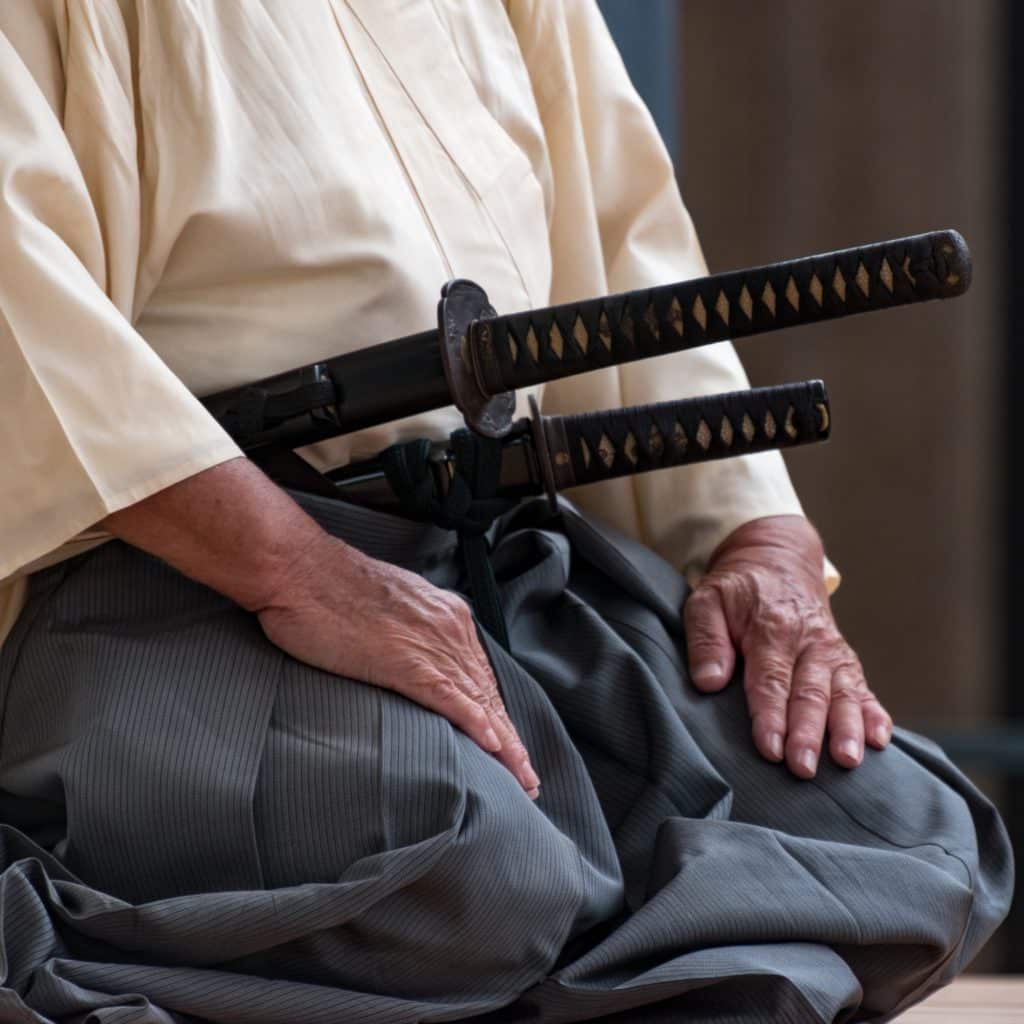

Test Your Knowledge
Feudal Japan's Warriors and Roles Unraveled
Samurai Sword Mastery: The Ultimate Challenge
Samurai Wisdom: Embark on a Journey Through the Ages